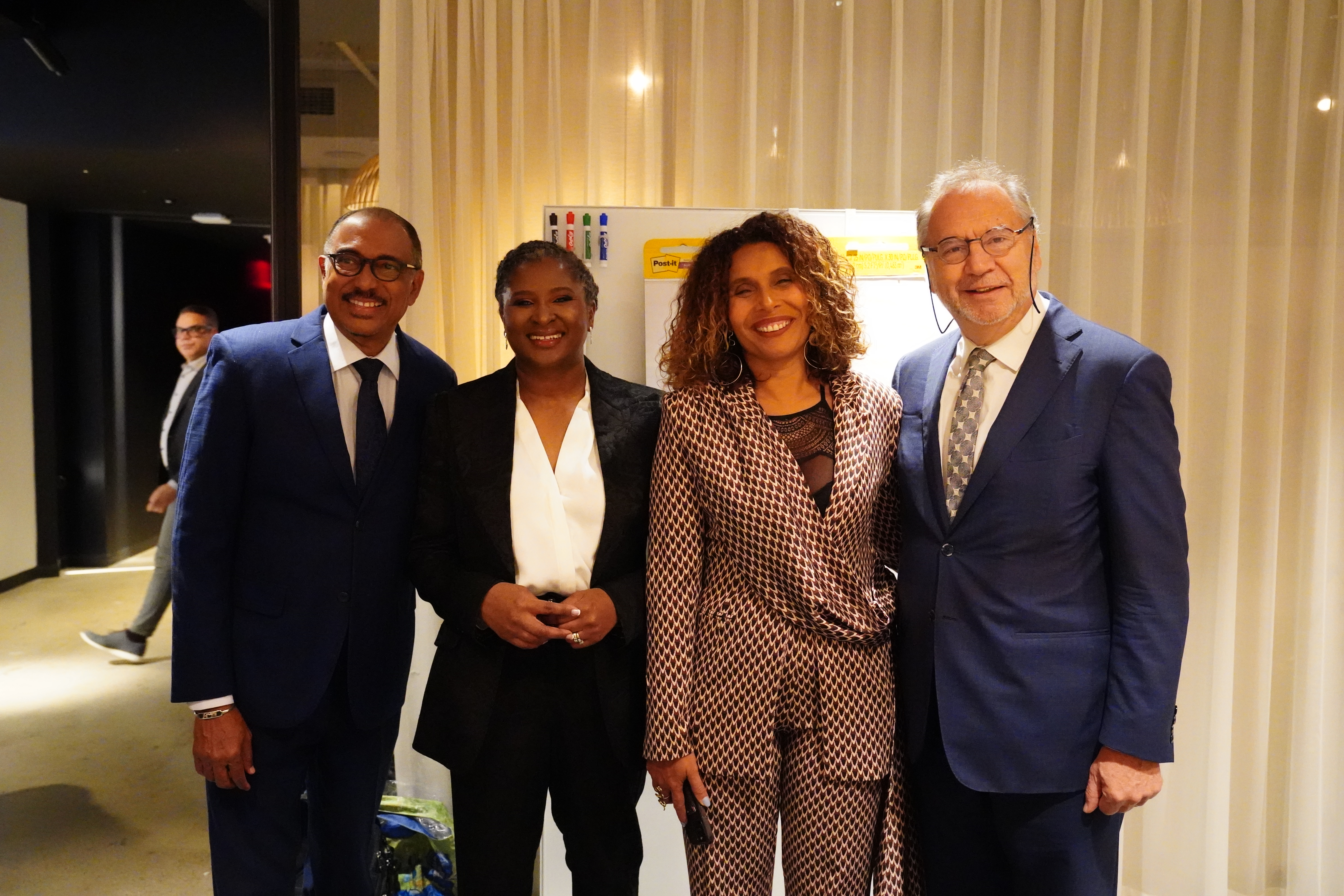By Bunmi Yekini

Global leaders and philanthropists are calling for urgent action to secure the future of Sexual and Reproductive Health and Rights (SRHR) in Africa. Speaking at a United Nations General Assembly side event in New York, panelists warned that funding cuts from major donor countries, combined with shifting geopolitical pressures, are putting adolescent girls and young women at risk.
Speaking at the event, co-hosted by Brands on a Mission (BoaM) and Tiko, the 3rd First Lady of Namibia, Madame Monica Geingos, emphasized the need for innovative partnerships to address the challenges, stating, “We need to figure out who has the social capital and how to translate it for impact – there are ways to create innovative partnerships that work and that bring private and philanthropic partners together with the government at the centre for growth and scale.”

Tiko’s Chief Impact Officer, Serah Malaba, also highlighted the urgency of the issue, noting, “By 2030, African adolescent girls will make up over 24% of the global youth population. The time to act is now. The SRHR needs of adolescent girls are growing, against the backdrop of constrained fiscal space and competing public health challenges. Innovative financing models are required to ensure sustainable funding for SRHR, with interventions that remain girl-centred.”
The event stressed the importance of blended financing, which combines public and private funding, to alleviate pressure on governments and secure the future of SRHR services. According to Dr. Michael Sidibé, African Union Special Envoy for the African Medicines Agency, “The real issue lies in funding and implementation, and it is essential that Africans are at the centre of developing these solutions. New financial models must not add another layer of complexity, and youth must be positioned as the drivers of change.”
Closing the session, Professor Myriam Sidibé, Founder and Chief Mission Officer at Brands on a Mission, called for bold collaboration, stating, “We need to commit to moving beyond traditional boundaries and dare to collaborate in new and unexpected ways to develop the type of platforms and coalitions that will allow private, public and social sectors to join forces and scale up innovative financing models that will secure the future of SRHR for African populations, most of all women and girls.”
The event also highlighted the critical role that innovative financing, including private sector involvement, will play in securing SRHR for Africa’s growing youth population amidst dwindling donor funds.
